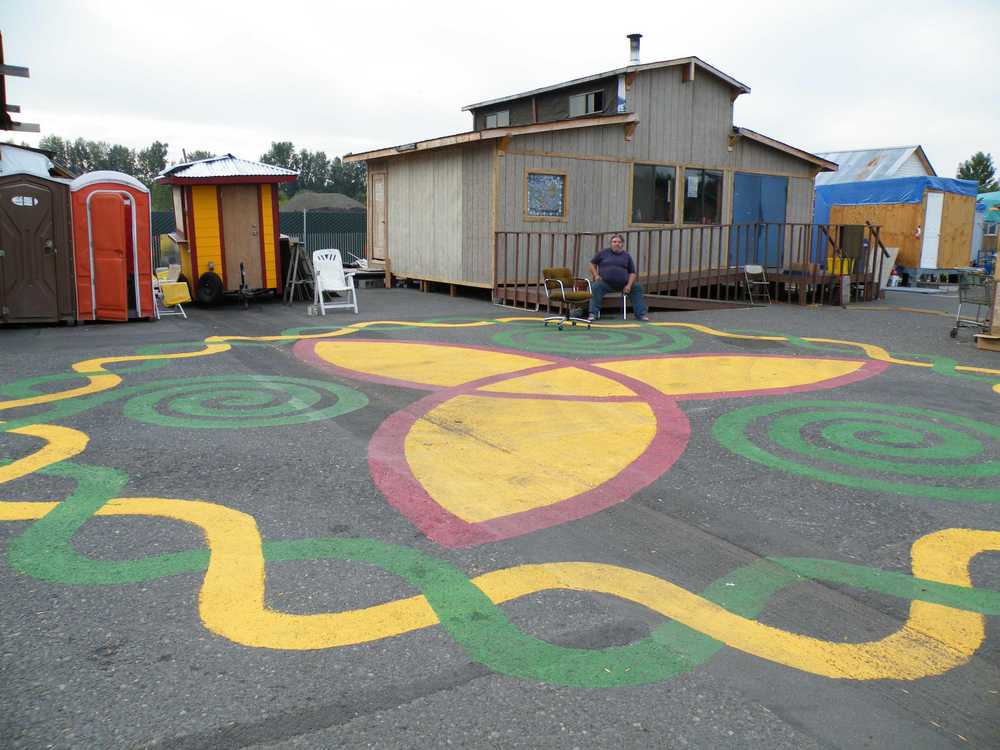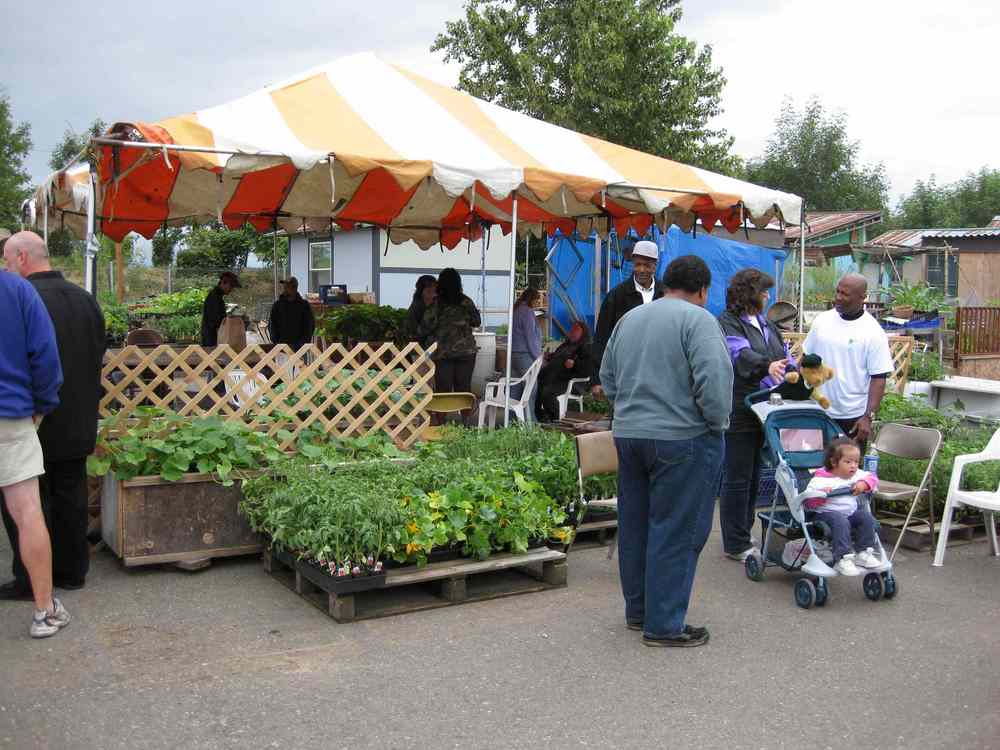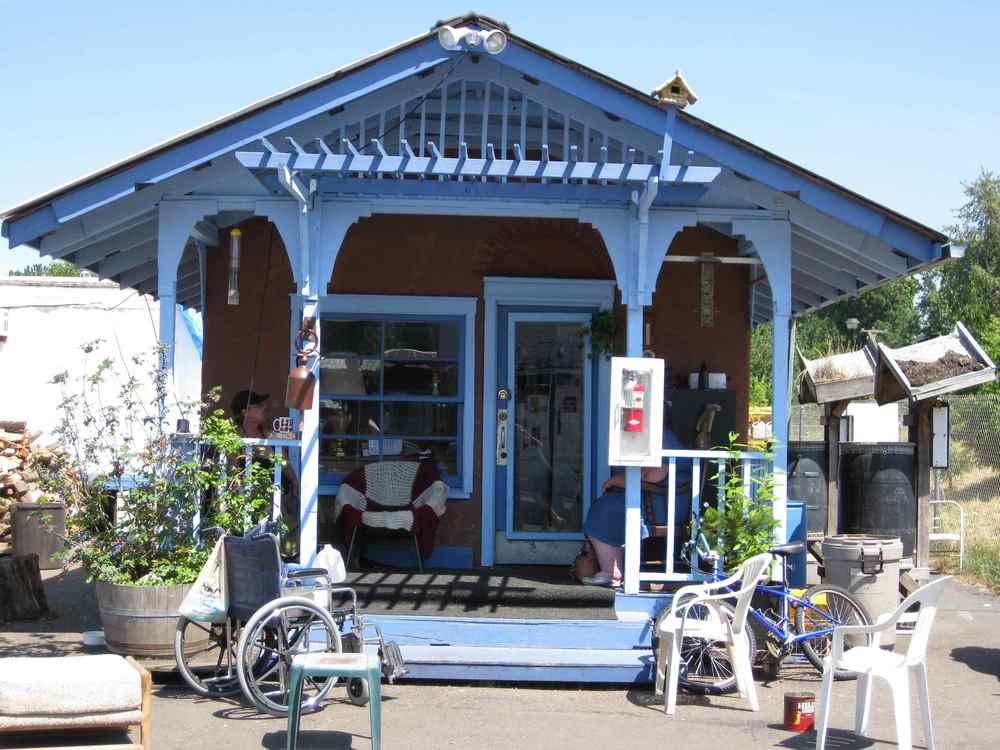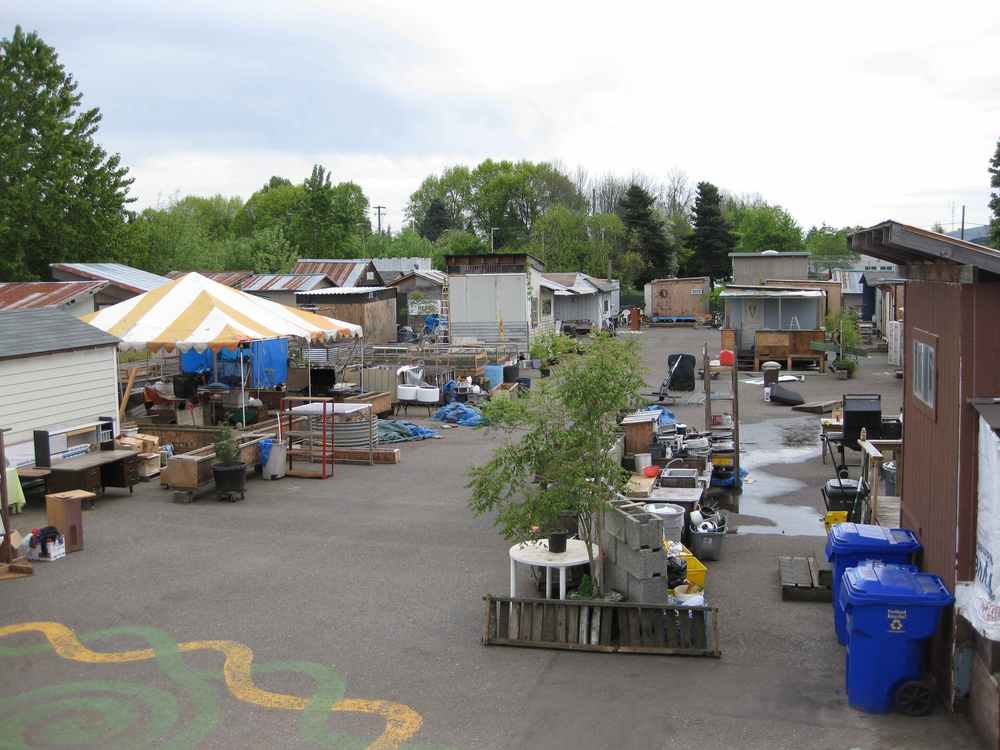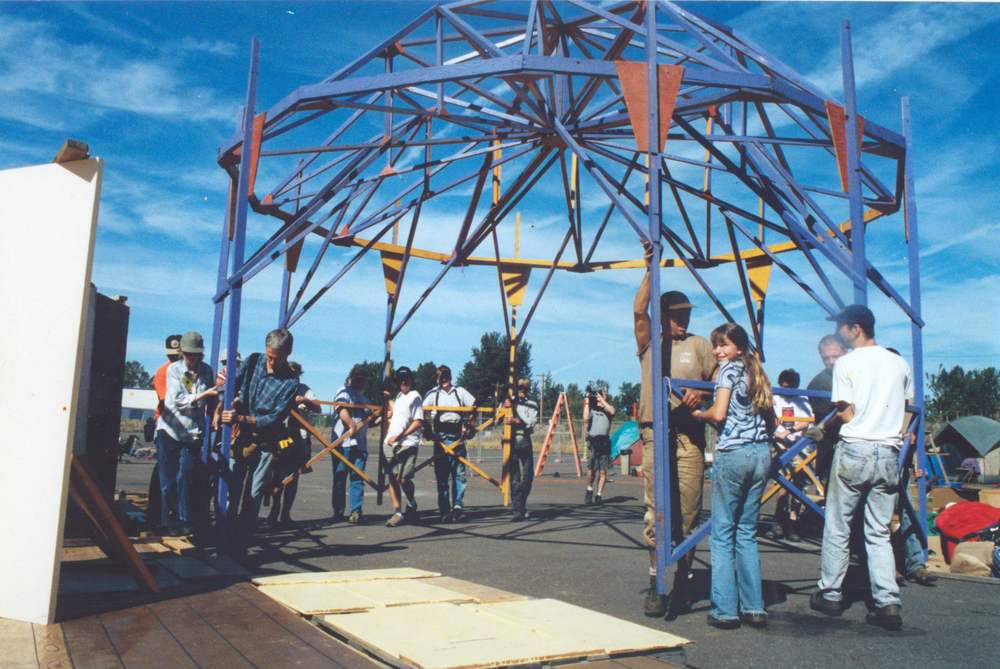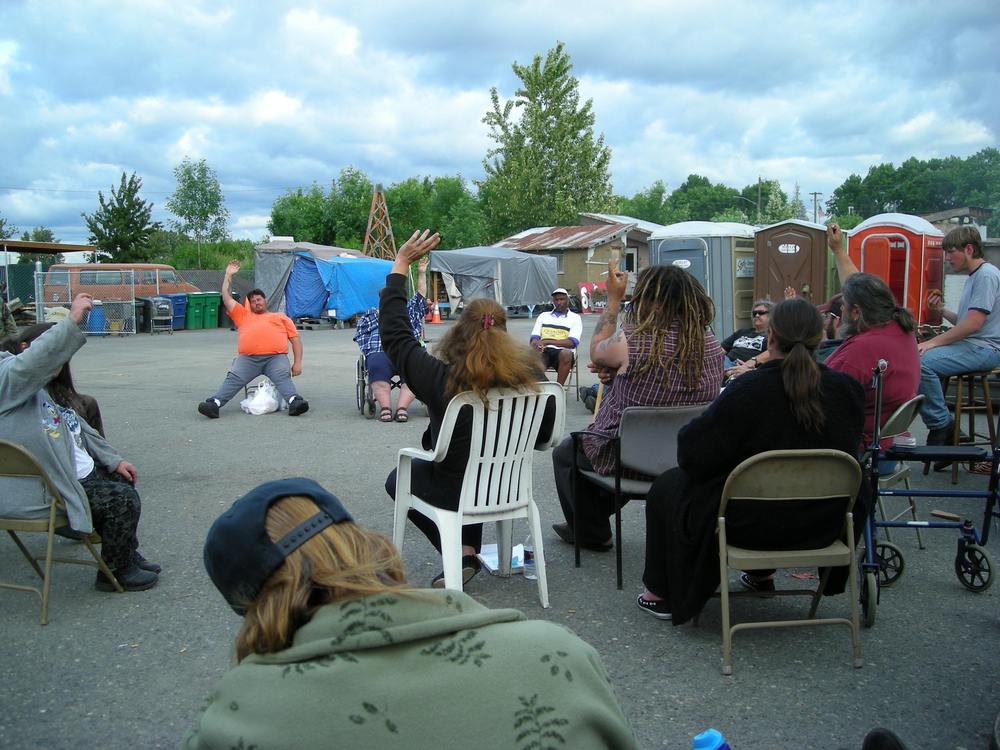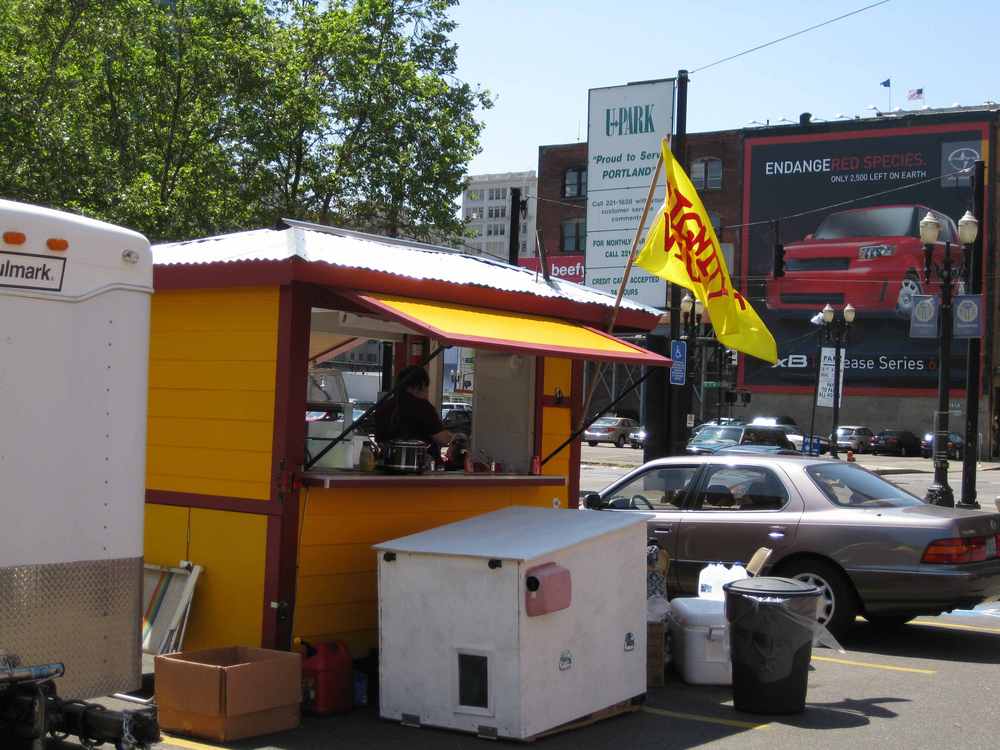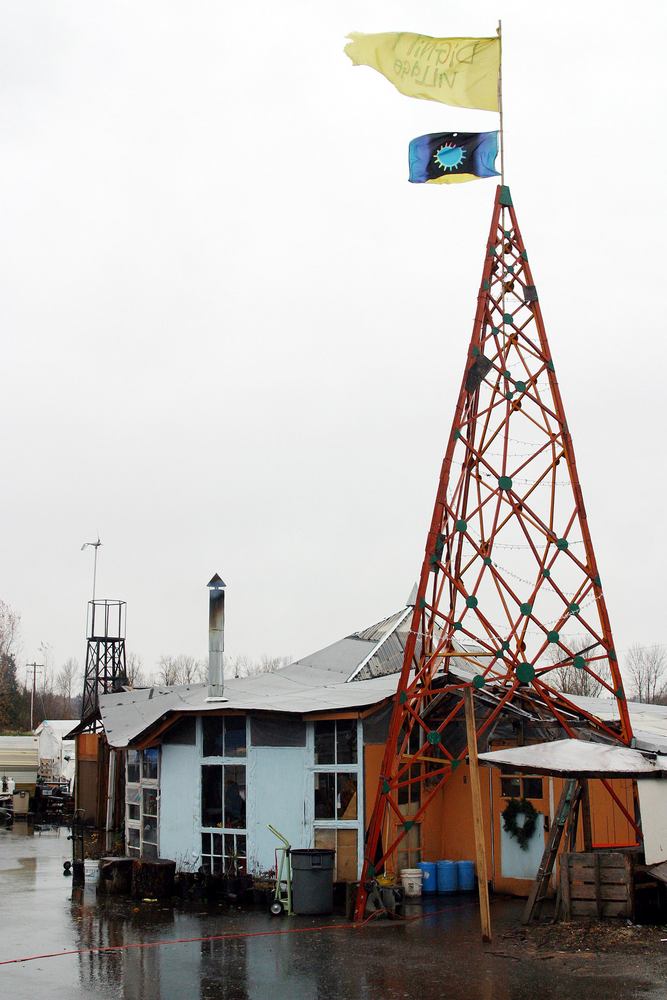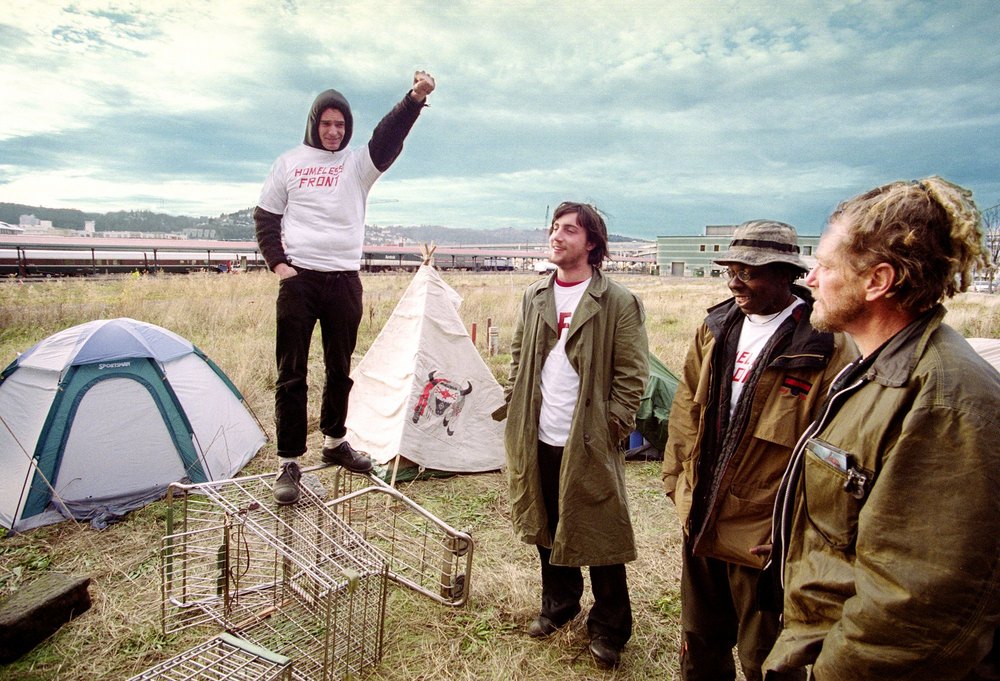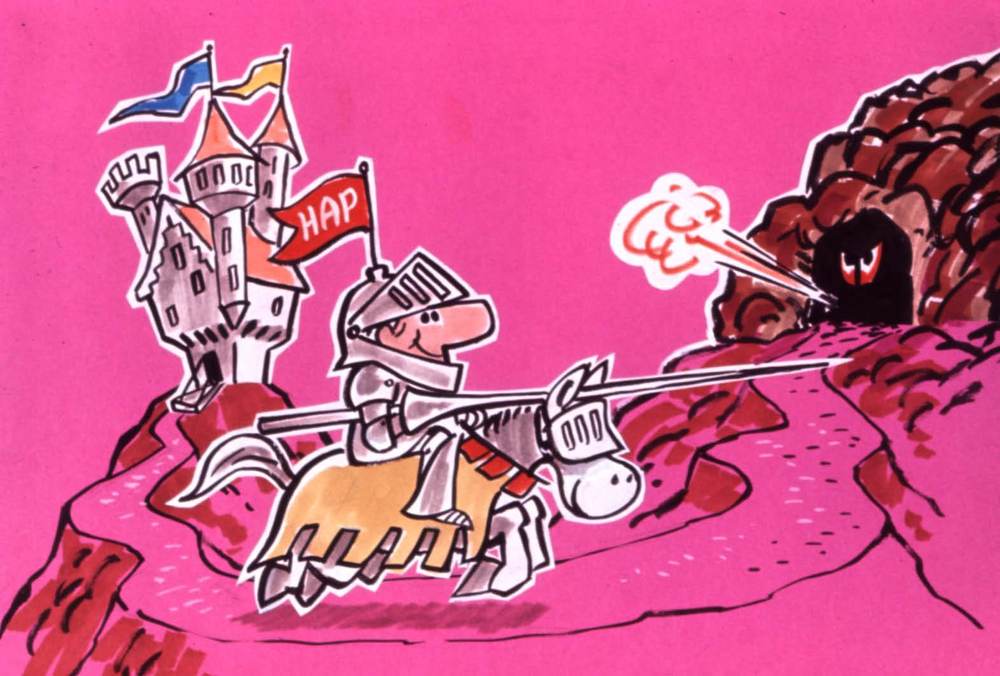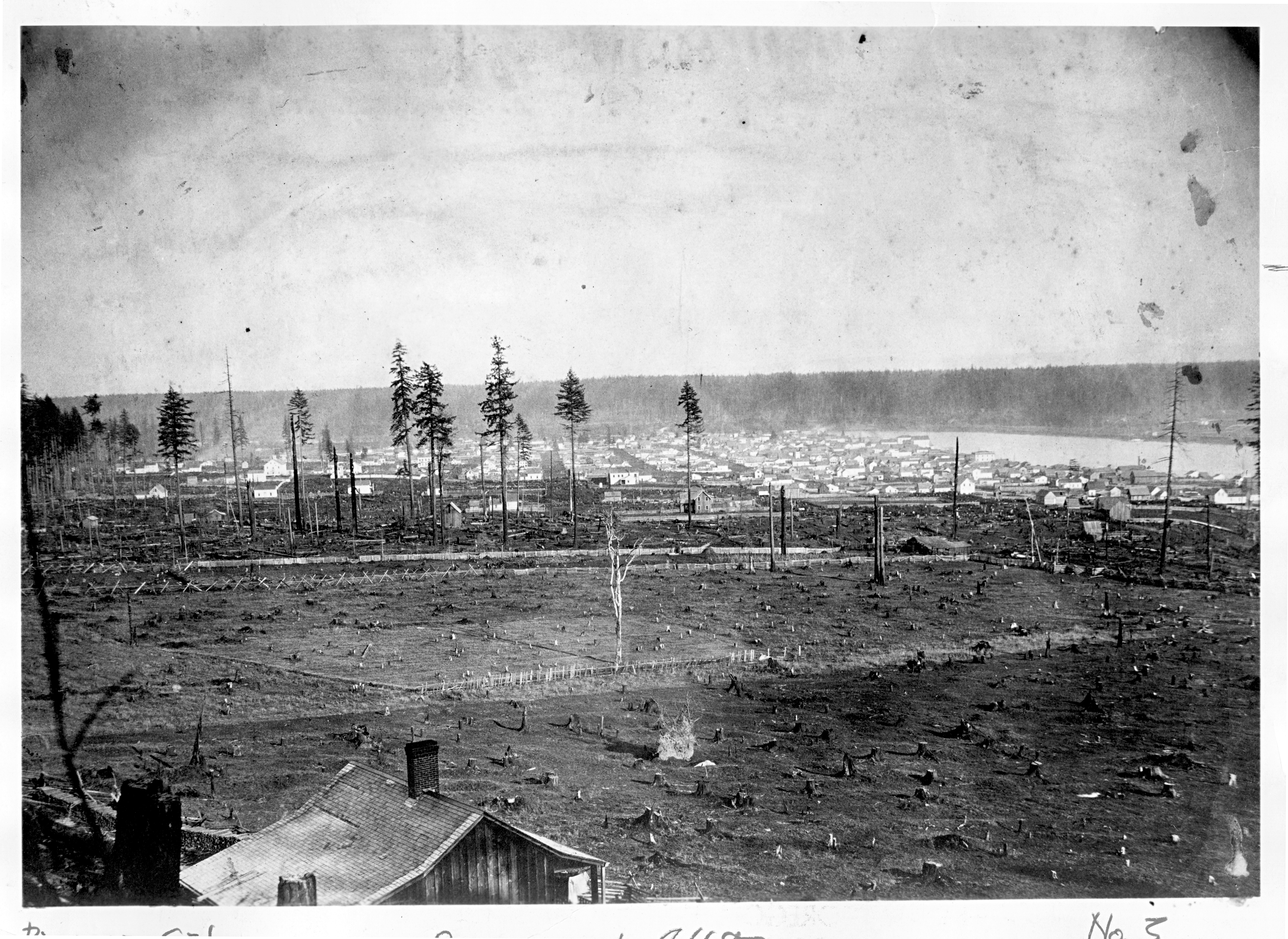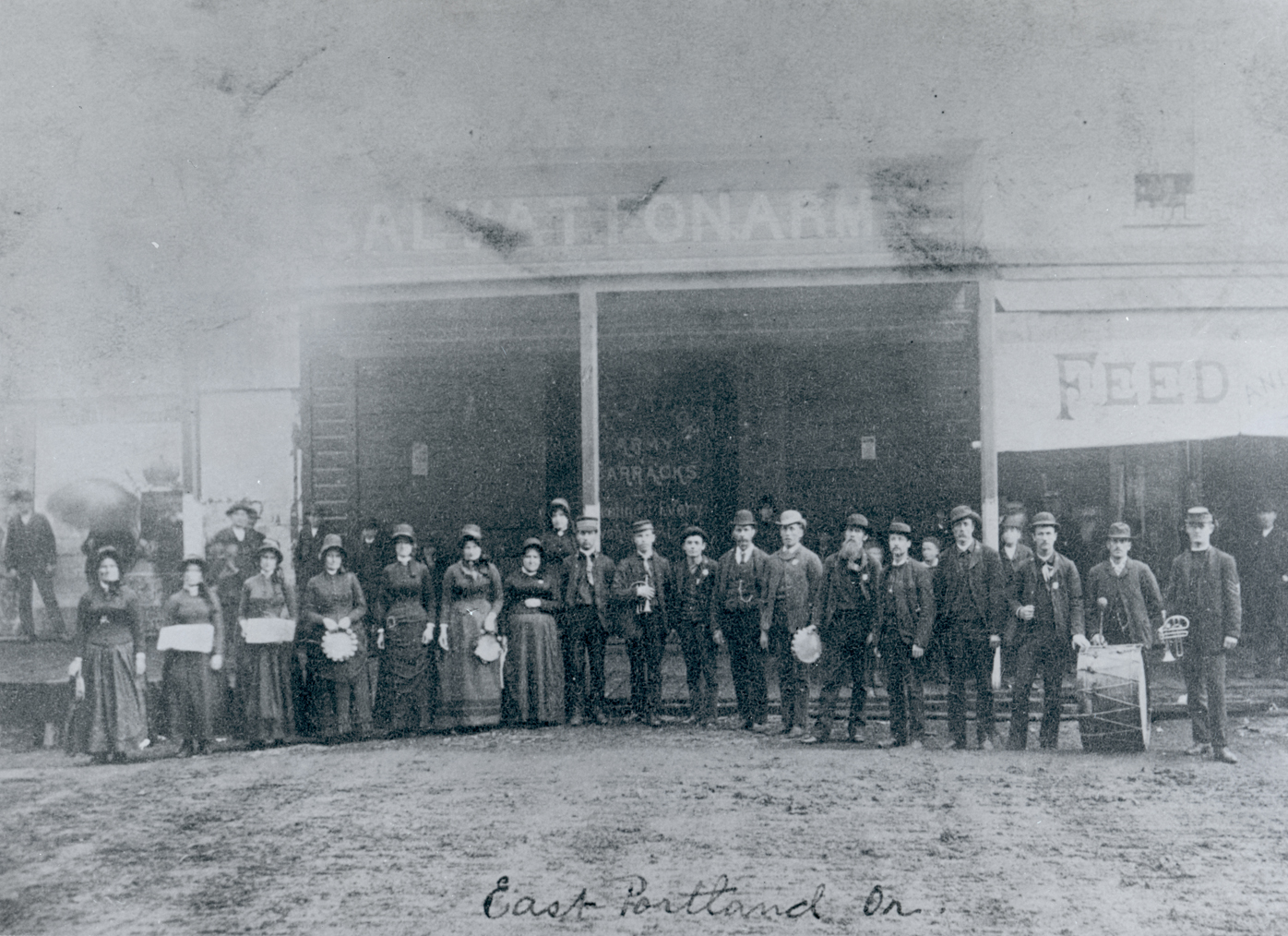Dignity Village in Portland, an intentional community of homeless people, is a membership-based, nonprofit organization. It is recognized as a legal encampment by the City of Portland.
In September 2000, a landmark decision by Judge Liam Gallagher overturned the city's camping ban, judging it to be "cruel and unusual punishment." Galvanized by Judge Gallagher's decision, eight Portland homeless men and women took the first steps of civil disobedience by camping on unused city land. In mid-December, they created shelters for themselves on public land in Northeast Portland.
Efforts to remove the "squatters" received widespread media coverage and brought attention to homelessness in the city. Word spread quickly among the homeless, many of whom gravitated toward the encampment, swelling its size and adding to the ever-expanding shopping cart parades that attracted both critics and supporters.
Important support came from many sources, including the business community, City Hall, churches, and nonprofits. Crucial to the campaign’s success was the early support of community leaders, including Mark Lakeman of the City Repair Project, Leland "Lee" Larson of the Larson Legacy, City Commissioner Eric Sten, Bryan Pollard of Street Roots (a grassroots newspaper), Eli Spevak of the Housing Development Center, and Genny Nelson of Sisters of the Road.
Soon an "Out of the Doorways" campaign was established, led by Jack Tafari (one of the original eight to respond to Judge Gallagher’s ruling), and the group of homeless took political steps to secure a safe place to live. Attempts to find a suitable location were met with strong opposition from local residents, and the group appealed to city government for help. In 2001, the Dignity Village site, which can accommodate sixty people, was established on city-owned land adjacent to the Sunderland Recycling Facility near Portland International Airport.
Dignity Village has no electricity or heat. With help from architects, designers, students, and community volunteers, individual 10-by-12-foot cottages were built from recycled lumber and materials. A Dignity Village flag flies from a wooden tower. As of 2009, Dignity Village is a sustainable, self-help, eco-friendly village for the homeless, with rules for membership and guidelines for behavior. The site also has gardens, a security force, a communal bath and sanitary facilities, and a democratically elected governing council.
-
![Dignity Village commons, 2008.]()
Dignity Village, commons area, 2008, 12877.
Dignity Village commons, 2008. Copyright Kwamba Productions
-
![Nursery plant business at Dignity Village, June 2009.]()
Dignity Village, nursery plant busness, Jun 2009.
Nursery plant business at Dignity Village, June 2009. Photo by Joseph Palinkas III
-
![Dignity Village security office, June 2009.]()
Dignity Village, security main office, Jun 2009.
Dignity Village security office, June 2009. Photo by Joseph Palinkas III
-
![Dignity Village, April 2009.]()
Dignity Village, wide view, Apr 2009.
Dignity Village, April 2009. Photo by Joseph Palinkas III
-
![Dignity Village, Sept. 2001.]()
Dignity Village, set up dome Democracy 2.
Dignity Village, Sept. 2001. Photo by Dignity Village
-
![Council meeting at Dignity Village, 2006.]()
Dignity Village, outdoor council mtg, 2006, 11574.
Council meeting at Dignity Village, 2006. Photo by Ray L. Armstrong
-
![Hot dog cart at Dignity Village, June 2009.]()
Dignity Village, hot dog cart, Jun2009.
Hot dog cart at Dignity Village, June 2009. Copyright Kwamba Productions
-
![Dignity Village.]()
Dignity Village, flag, 05725 P.
Dignity Village. Photo by Jason Kaplan
-
![Dignity Village, Dec. 2000.]()
Dignity Village, orig soldiers Kaplan, Dec 2000, 05816.
Dignity Village, Dec. 2000. Photo by Jason Kaplan
Related Entries
-
![Housing Authority of Portland]()
Housing Authority of Portland
The Housing Authority of Portland was created in 1941 in response to th…
-
![Portland]()
Portland
Portland, with a 2020 population of 652,503 within its city limits and …
-
![Salvation Army in Portland]()
Salvation Army in Portland
The first Salvation Army meeting in Portland was held on October 3, 188…
Map This on the Oregon History WayFinder
The Oregon History Wayfinder is an interactive map that identifies significant places, people, and events in Oregon history.
Further Reading
Budnick, Nick. "Dignity Village to Get New Look Under City Deal." The Portland Tribune, 8 May 2007.
Estes, Carol. "A Place for Dignity." Yes! Magazine, Spring 2002.
Sabatier, Julie. "Laura Brown: Life in Dignity Village Through the Eyes of One Longtime Resident." Willamette Week, 11 January 2006.



